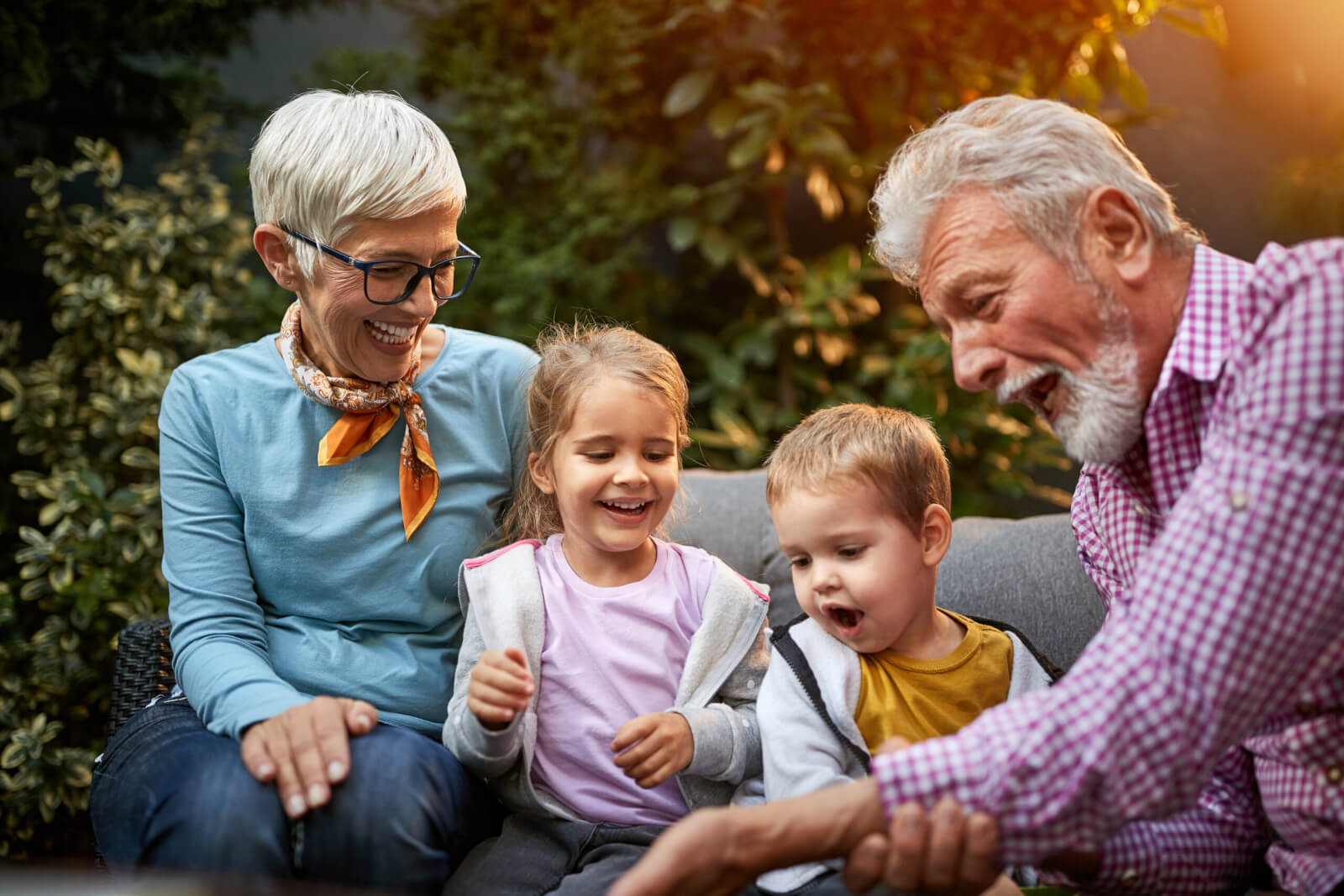Understanding Grandparent Adoption in California
 In California, grandparents may find themselves in situations where they must step in and become primary caregivers for their grandkids. This frequently occurs when the child’s parents are unable or unwilling to care for them due to factors such as substance misuse, incarceration, or death.
In California, grandparents may find themselves in situations where they must step in and become primary caregivers for their grandkids. This frequently occurs when the child’s parents are unable or unwilling to care for them due to factors such as substance misuse, incarceration, or death.
In such circumstances, grandparents may decide to legalize their caregiving role through adoption. However, the process of grandparent adoption in California is complicated, and understanding the legal structure and conditions under which grandparents might adopt is critical.
Can Grandparents Adopt in California?
Grandparents have the right to adopt their grandkids in California, but certain requirements must be completed. Grandparent adoption is often pursued when it is in the child’s best interests, and the biological parents are unable or unwilling to care for the child. This condition can occur under a variety of circumstances that affect the parents, including:
- Death
- Substance abuse
- Mental health issues
- Imprisonment
- Domestic violence
- Neglect
- Abuse
- Abandonment
- Voluntarily giving up parental rights
- Serious illness
- Illegal activity
- Failure to provide for the child’s basic necessities
However, grandparents cannot unilaterally decide to adopt their grandchildren. The adoption procedure consists of a variety of legal processes that require court approval. The court’s top consideration is always the child’s best interests, and this principle drives all adoption decisions, including those involving grandparents.
For a grandparent to adopt their grandchild, the child’s biological parents must either consent or have their parental rights terminated by the court. Parental consent can be given willingly, but in many circumstances, the court may need to step in to terminate parental rights owing to neglect, abuse, or desertion. Termination of parental rights is a serious legal action that permanently ends the parent-child relationship and allows the child to be legally adopted by the grandparent.
Guardianship Versus Adoption
There is a difference between guardianship and adoption. Guardianship is a legal arrangement in which grandparents (or other relatives) take custody of a child, but the biological parents maintain some rights, such as the right to visit or the capacity to petition the court to reclaim custody. Adoption, on the other hand, permanently transfers all parental rights and duties to the grandparents, legally establishing them as the child’s parents.
Many grandparents seek guardianship as a temporary remedy while the child’s parents work to improve their situation. If the parents are unable to regain custody, grandparents may choose to pursue adoption to provide the child with long-term stability and permanence.
The court’s principal concern in all adoption cases, including those involving grandparents, is the child’s best interests. The court may evaluate the child’s relationship with the grandparents, the stability of the grandparents’ home environment, the child’s emotional and physical requirements, and the grandparents’ ability to care for the child. If the court believes that adoption by the grandparents is in the child’s best interests, the adoption will most likely be granted.
The Grandparent Adoption Process in California
The grandparents must submit a petition to the court to begin the adoption process. This petition explains the reasons for the adoption, including the child’s existing status, the grandparents’ relationship with the child, and why adoption is ideal for the child.
If the biological parents agree to the adoption, they will sign consent paperwork that must be filed in court. If the parents do not consent, the court will convene a hearing to decide whether to terminate their parental rights. This hearing will include proof demonstrating the parents’ inability to care for the kid, such as cases of neglect, abuse, or abandonment.
A home study and investigation by a social worker or a court-appointed investigator are typically carried out as part of the adoption process. This includes assessing the grandparents’ living conditions, their ability to care for the child, and the nature of their bond with the child. The investigator will then submit a report to the court with suggestions for the adoption.
After the home study is finished and parental rights have been addressed, the court will hold an adoption hearing. During this hearing, the judge will consider all the evidence and the investigator’s report to determine if the adoption is in the best interests of the child. If the judge confirms the adoption, a final adoption decree will be issued that officially recognizes the grandparents as the child’s parents.
After the adoption is finalized, the grandparents take all legal rights and responsibilities for the child.

FAQs
Q: Can Grandparents Adopt Their Grandchildren if the Biological Parents Are Still Alive?
A: It is possible for grandparents to adopt their grandkids even if the biological parents are still alive. The parents must either voluntarily give their consent to the adoption or have their parental rights terminated by the court for grounds such as neglect, abuse, or abandonment of the child under consideration.
Q: What Is the Distinction Between Guardianship and Adoption?
A: A temporary legal arrangement known as guardianship allows grandparents to care for a child while the child’s parents continue to retain some rights, such as the ability to visit the child. Through the process of adoption, all parental rights are permanently transferred to the grandparents, formally establishing them as the child’s parents and terminating the rights of the child’s biological parents.
Q: How Does the Court Determine Whether to Allow a Grandparent Adoption?
A: The court makes its decision based on what is deemed to be in the child’s best interests, which includes factors such as the child’s relationship with the grandparents, the consistency of the home that the grandparents live in, and the grandparents’ capacity to fulfill the child’s needs without interference. Generally speaking, a home study and inquiry are carried out in order to investigate these aspects.
Q: Do I Need an Attorney to Adopt My Grandchild in California?
A: While having a lawyer is not legally required, it is strongly advised to talk with a family law attorney who focuses on adoption issues. A lawyer may assist you in negotiating the legal complications, verify that all requirements are satisfied, and represent your interests in court to make the adoption process go more smoothly.
Contact Bickford Blado & Botros Today
If you are a grandparent looking to legally adopt your grandkids, there may be options available to you. Bickford Blado & Botros can examine your case and help you determine the appropriate steps to take moving forward. Contact us today for more information.
Feel Free to Contact Our Office with Any Questions
858-793-8884
 San Diego Divorce Attorneys Blog
San Diego Divorce Attorneys Blog


